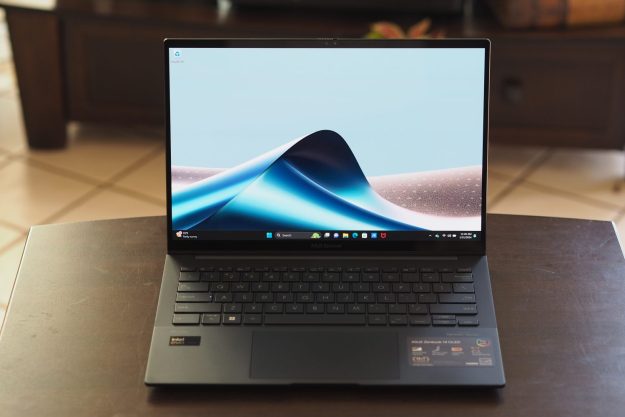
Anyone following the technology industry doesn’t need to be told that patent litigation is often a long-running, byzantine affair that only gets more confusing the more it’s examined. Case in point: memory developer Rambus has just been awarded supplemental damages in its patent infringement case against Hynix. Although Rambus’s request for injunctive relief was denied by the U.S. District Court for the Northern District of California—which would have kept Hynix from shipping products using Rambus technologies—Hynix is being forced to execute a mandatory license for nine Rambus patents found to be used in Hynix SDRAM products. Hynix will be required to pay Rambus a one percent royalty on SDR DRAM products and a 4.35 percent royalty on DDR SDRAM products sold in the United States going all the way back to January 1, 2006. These royalties are on top of $133 million in damages already levied against Hynix for patent infringement up through December 31, 2005.
“We are pleased with the Court’s order of supplemental damages,” said Rambus general counsel Tom Lavelle, in a statement. “We believe any compulsory license between the two parties must fairly compensate Rambus for Hynix’s ongoing use of our patented inventions.”
The infringement case goes all the way back to August 2000—and Hynix originally sued Rambus, not the other way around. The case was split into three parts, and Rambus also pursued infringemet claims against other memory manufacturers. So far, Rambus is three-for-three against Hynix, but its legal efforts against other manufacturers have proven less effective: in a ruling that at first glance seems wholly at odds with the Northern California District Court, a Delaware court recently ruled a dozen Rambus patents were unenforceable against Micron due to misconduct at Rambus, including destruction of email and and documents which would have been pertinent to patent litigation.
However, Rambus also got out from under the federal government’s thumb today: the U.S. Supreme Court has declined to hear the Federal Trade Commission’s appeal in its suit against Rambus that alleged the company used “deceptive conduct” in promoting its patented technologies to a standards-setting group. Rambus’s technology was integrated into the standard; government agencies and others alleged Rambus then attempted to unfairly collect extravagant royalties.
Rambus still has litigation pending with Hynix, Nvidia, Samsung, and Nanya.


